Libya files declaration of intervention in ICJ genocide case against Israel
Libya has filed a declaration of intervention at the International Court of Justice (ICJ) in The Hague, joining South Africa in its genocide case against the Israeli regime.
The Libyan Presidential Council announced last week that it had joined the case of South Africa and Israel, now underway in the UN’s principal court.
Libya filed the declaration of intervention concerning the Application of the Convention on the Prevention and Punishment of the Crime of Genocide in the Gaza Strip.
Libya said it filed the declaration because it believed the Israeli regime has been engaging in genocide against Palestinians in Gaza since October 7, 2023, and failing to prevent and prosecute the direct and public incitement to genocide.
The African Arab state emphasized the Genocide Convention’s significance, saying the ICJ has recognized the prohibition of genocide as a jus cogens norm in international law.
Libya’s intervention focuses on the proper interpretation of provisions outlining the duty to prevent and not commit and genocide, and the duty to punish it, as stipulated in Articles I, II, III, IV, V, and VI of the Convention.
The case was initiated in December 2023 when the African country filed an application instituting proceedings against the Israelis concerning its violations by the Israeli forces of its obligations under the Genocide Convention in relation to Palestinians in Gaza.
Article 63 of the ICJ statute grants member states to a convention the right to intervene in the proceedings concerning its rulings.
South Africa complained Israelis’ conduct towards Palestinians in Gaza breached its obligations under the Genocide Convention. The application filed by South Africa also sought provisional measures to safeguard Palestinian rights under the Convention and ensure the Israelis compliance.
On March 28, 2024, the Court indicated provisional measures, ordering Israel to prevent “plausible” genocide in Gaza, prevent displacement and loss of life in Palestine, desist from inciting genocide, and punish such incitements, among other directives.
On Friday, South Africa filed an urgent request with the Court for further provisional measures and modification of those previously ordered.
South Africa says the earlier measures “are not capable of ‘fully address[ing]’ the changed circumstances and new facts” underpinning its request, citing “the situation brought about by the Israeli assault on Rafah, and the extreme risk it poses to humanitarian supplies and basic services into Gaza.”
In addition to Libya, Colombia and Egypt have also intervened in the case of South Africa and Israel, saying all the state members of the Genocide Convention should do everything in their power to contribute to ensuring the prevention, suppression, and punishment of genocide, and, therefore, assist the Court in establishing any state party’s failure to comply with its orders.
Egypt’s intervention comes amid an escalation in attacks by Israeli forces on Rafah, a city which borders the Arab country and hosts a crossing by the same name which is responsible for a bulk of aid supplies reaching the besieged Gaza Strip.
Press TV’s website can also be accessed at the following alternate addresses:
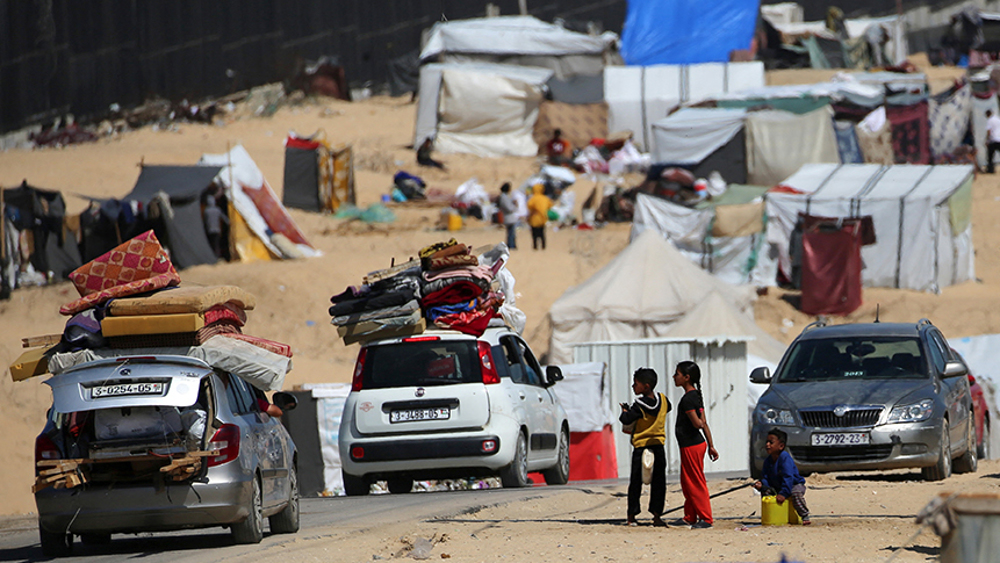
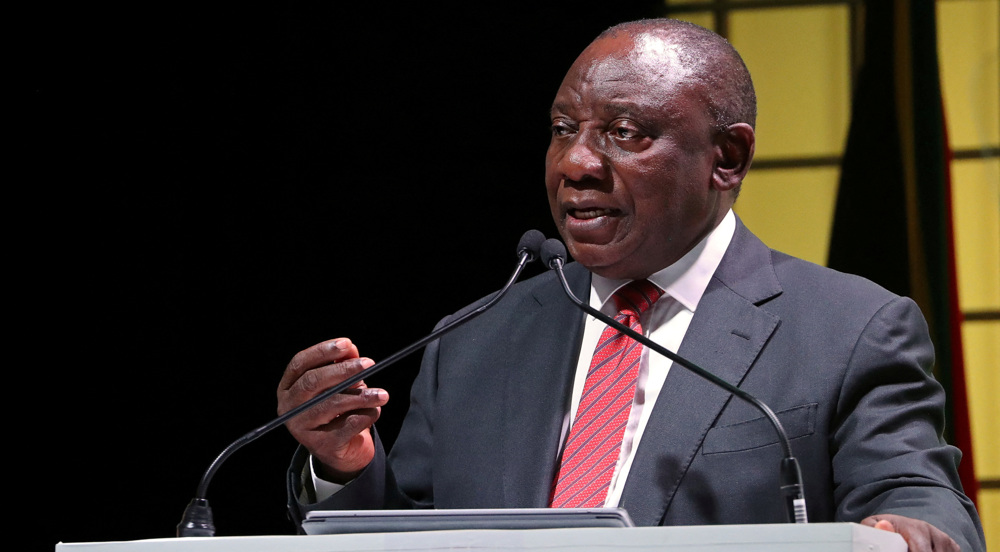
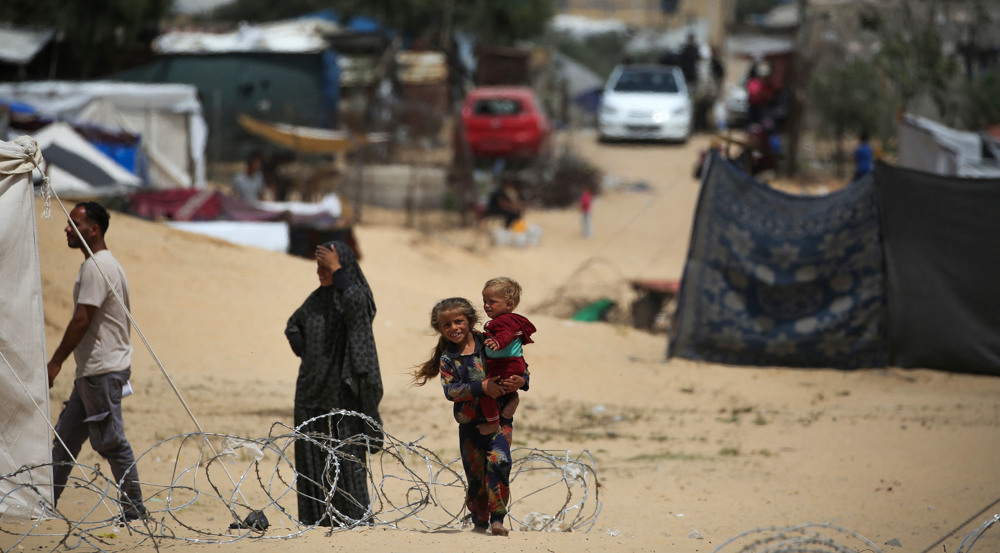
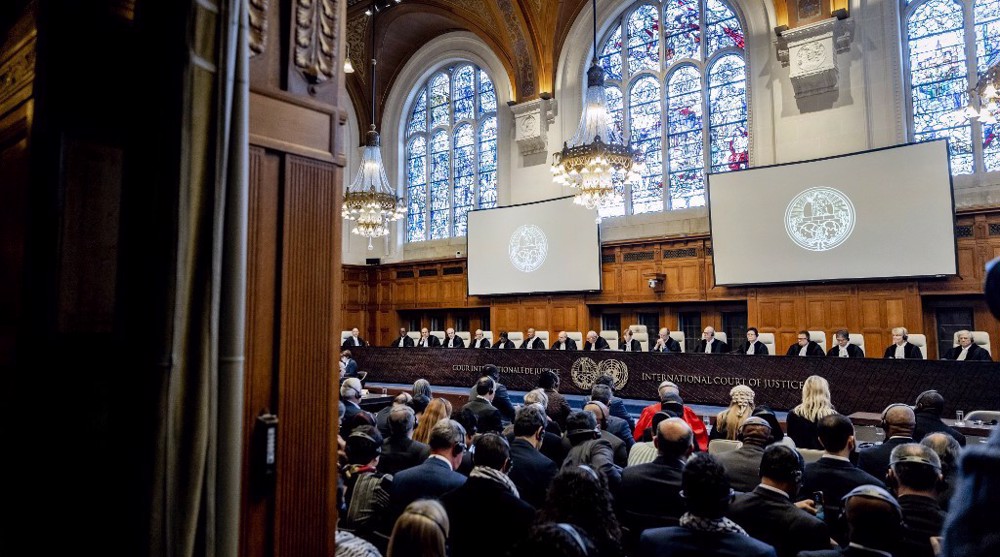
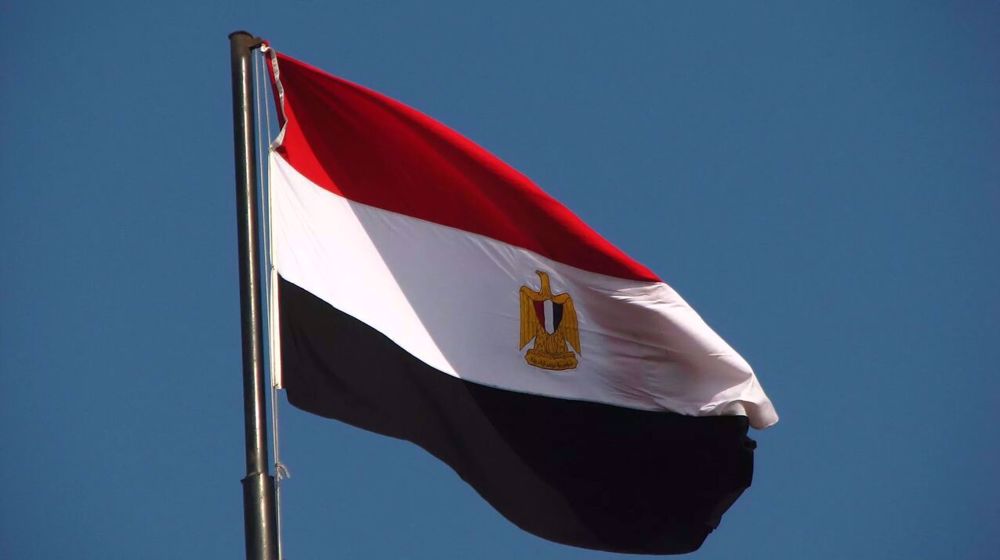
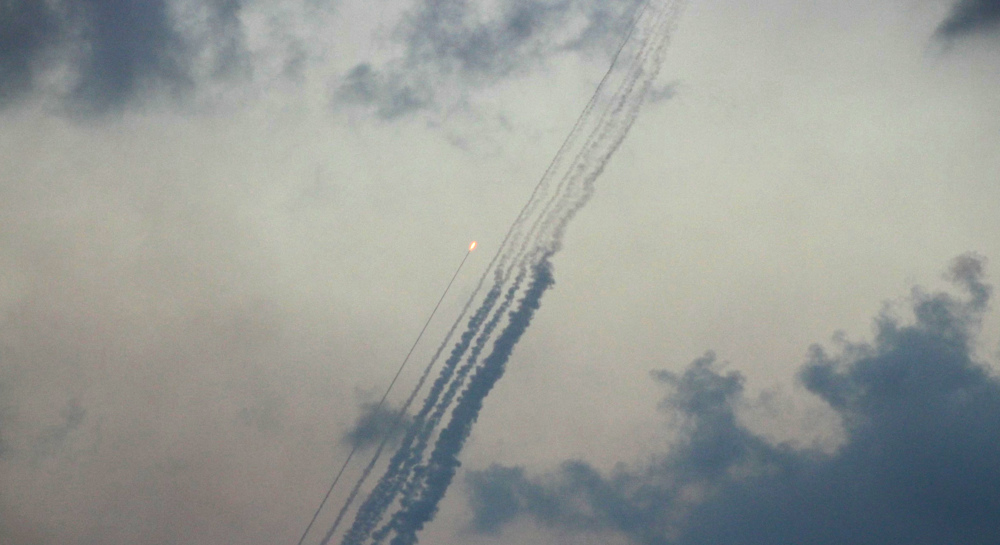
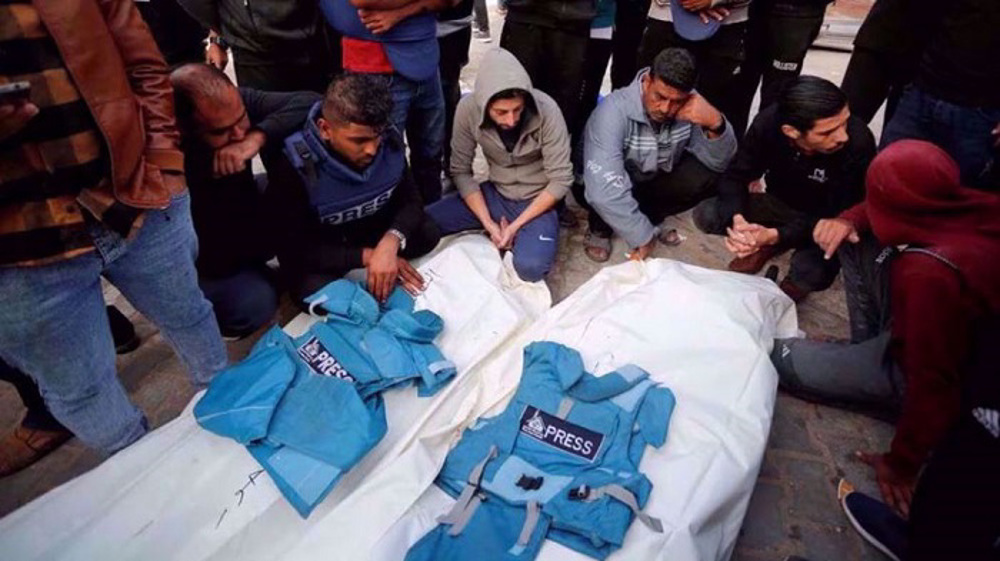
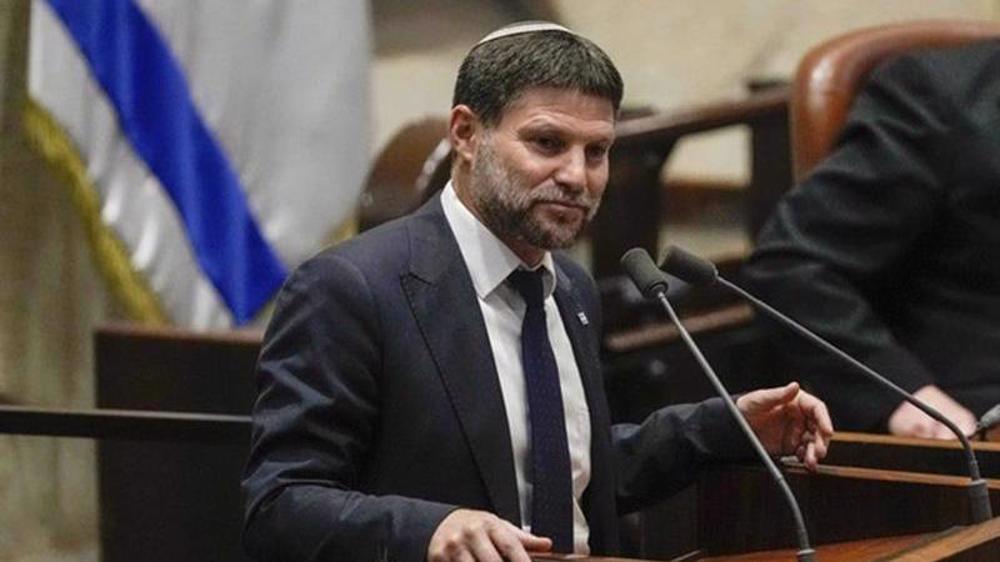



 This makes it easy to access the Press TV website
This makes it easy to access the Press TV website